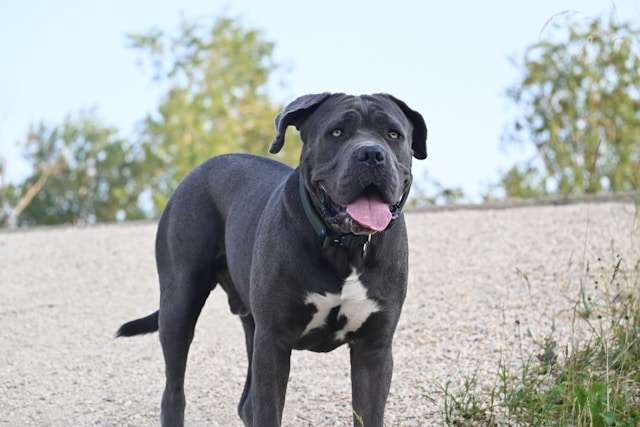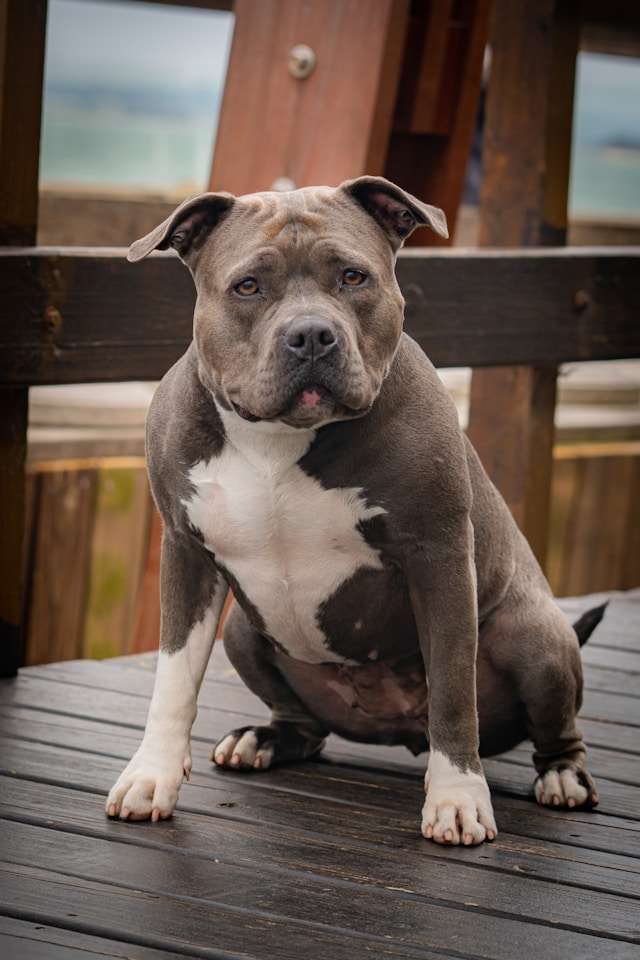Are German Shorthaired Pointers Good Dogs?

Are German Shorthaired Pointers Good Dogs? Exploring Their Temperament and Traits When choosing the perfect family dog, it’s hard to overlook the German Shorthaired Pointer (GSP).
These dogs are known for their affectionate nature and ability to fit in well with active families. German Shorthaired Pointers are great companions, especially for those who enjoy outdoor activities and have the energy to match their lively spirit.
GSPs are not just about fun and games; they’re intelligent and versatile dogs initially bred for hunting. This makes them quick learners, yet they require robust training and mental engagement to keep them well-behaved. They thrive in environments where they can exercise their mind and body regularly.
Their sleek coats make grooming relatively simple, but proper healthcare is vital to ensure they remain healthy and happy. With their energetic disposition, GSPs are a fantastic choice for those who can meet their exercise needs and enjoy an active lifestyle.
Table of Contents
Key Takeaways
- German Shorthaired Pointers are ideal for active families.
- They need regular exercise and mental stimulation.
- Grooming is simple, but health care is essential for GSPs.
- Breed Overview
This section explores the German Shorthaired Pointer, a breed known for its sporting excellence and adaptability. We’ll examine its history, physical characteristics, and notable recognition by major kennel clubs.
History and Origin
The German Shorthaired Pointer has its roots in 19th-century Germany. Designed as a versatile hunting dog, it combines traits from several breeds. German Bird Dogs and the Spanish Pointer influenced its development. The breed was crafted to perform well on water and land, and it could hunt various games.
Over the years, it gained popularity due to its adaptability and skill. The breed’s mix of intelligence and instincts made it a favored companion for hunters worldwide. Its history reflects a commitment to excellence and versatility, cementing its place among top gun dogs.
Size and Appearance
This breed is medium to large, with males standing between 23 and 25 inches tall and weighing 55 to 70 pounds. Females are slightly smaller, measuring 21 to 23 inches and weighing 45 to 60 pounds. They have a sleek, muscular build that showcases their athletic nature.
Their coat is short and dense, offering protection without hindering mobility. Colors include liver and white, solid liver, and patterns like roan or ticked. Their expressive eyes contribute to a keen, alert appearance that matches their sharp mind.
Breed Recognition
The German Shorthaired Pointer is widely recognized by leading dog organizations such as the American Kennel Club. This breed is a prominent member of the AKC’s Sporting Group. The AKC praises these dogs for their loyal and eager-to-please nature, which makes them excellent family pets beyond their hunting skills.
Recognition by such prestigious clubs ensures that the breed standards are maintained, promoting a healthy and well-bred population. Global recognition further emphasizes the breed’s consistent performance and adaptability across various roles.
Personality and Temperament
German Shorthaired Pointers are energetic and intelligent dogs, making them both engaging and challenging companions. They are suitable for active families, as they need regular exercise and mental stimulation. Let’s delve into their unique behavioral traits, how they interact with family members, and whether they make good family pets.
Behavioral Traits
These dogs are energetic and playful. Their high energy levels mean they thrive in environments where they can run and exercise daily. Their natural hunting instinct can drive and focus them during activities.
However, their curiosity can sometimes lead to mischief if not adequately supervised. Regular training is essential, as they are quick learners but can become bored with routine tasks. This drive and intelligence make them excellent at agility training and tracking activities.
Interaction with Family
German Shorthaired Pointers are known for being affectionate. They form strong bonds with family members and often seek attention and company. Interactive play, such as fetch, can strengthen these bonds.
Their outgoing nature means they enjoy being involved in family activities. They are generally good-natured and can be gentle, making them a joy to have around the house. Their alertness also makes them good watchdogs, though they are naturally not aggressive. Instead, they will more likely alert us to visitors or unusual sounds.
Suitability as a Family Pet
For active families, these dogs can be an excellent fit. They require a lot of space to burn off their energy, so homes with a large backyard are ideal. [German Shorthaired Pointers](https://www.yourpurebredpuppy.com/reviews/germanshort
Health and Care
German Shorthaired Pointers are high-energy dogs requiring specific health, diet, and exercise attention. By focusing on these areas, we can ensure a healthy, fulfilling life for our dogs.
Common Health Issues
German Shorthaired Pointers are generally healthy, but common health problems can occur. Hip dysplasia is a significant concern in this breed. This condition affects the hip joints, causing discomfort and mobility issues. Elbow dysplasia can also impact joint function.
Other issues include bloat, a severe stomach condition, and progressive retinal atrophy, which affects vision. We should monitor for signs of epilepsy, which involves recurrent seizures. Regular veterinary check-ups and vaccinations are crucial for early detection and prevention of these conditions.
Diet and Nutrition
A balanced diet is essential for maintaining the health of our German Shorthaired Pointer. It should include high-quality protein sources to support their active lifestyle. It’s vital to provide sufficient nutrients tailored to their age and activity level.
Feeding them smaller, more frequent meals can help reduce the risk of bloat. Fresh water should always be available, especially after exercise. Consulting with a veterinarian for personalized dietary recommendations can also be beneficial in meeting their specific needs.
Exercise Needs
Due to their high energy levels, exercise is a top priority for German Shorthaired Pointers. Daily physical activities like running, playing fetch, and hiking can keep them mentally and physically fit. Engaging in interactive activities can also strengthen our bond with them.
Aim for at least one to two hours of exercise per day. Without enough exercise, dogs may become bored, which can lead to destructive behaviors. Adding mental stimulation through training or puzzle toys can keep dogs engaged and happy.







One Comment